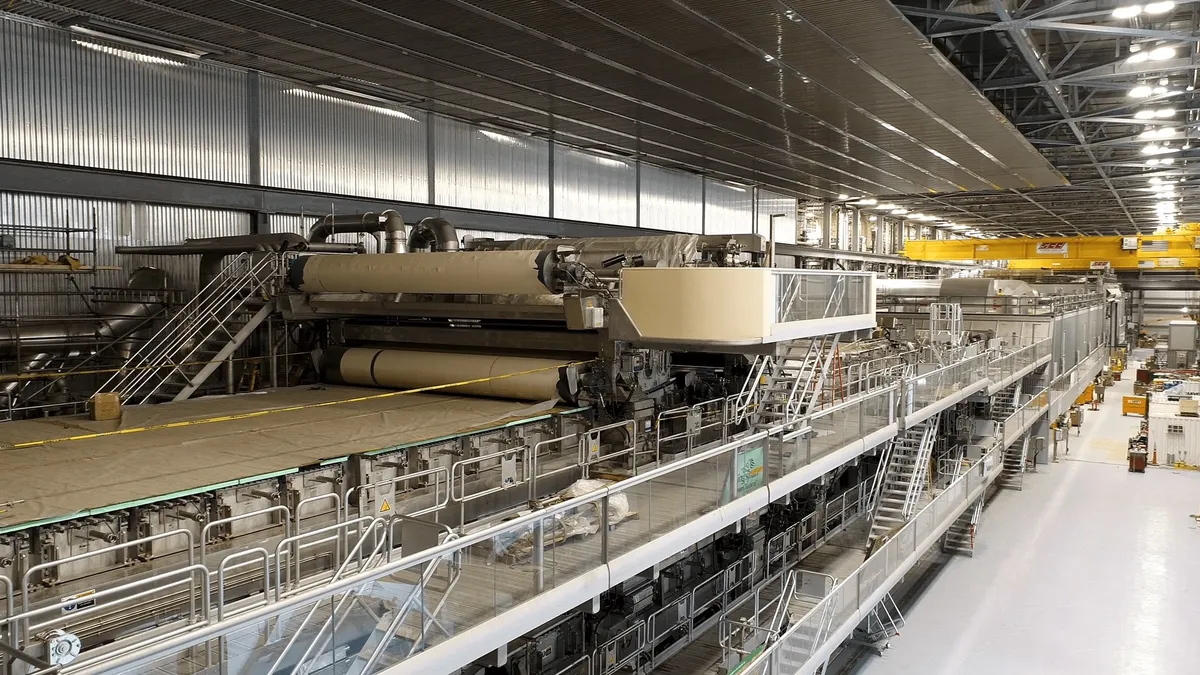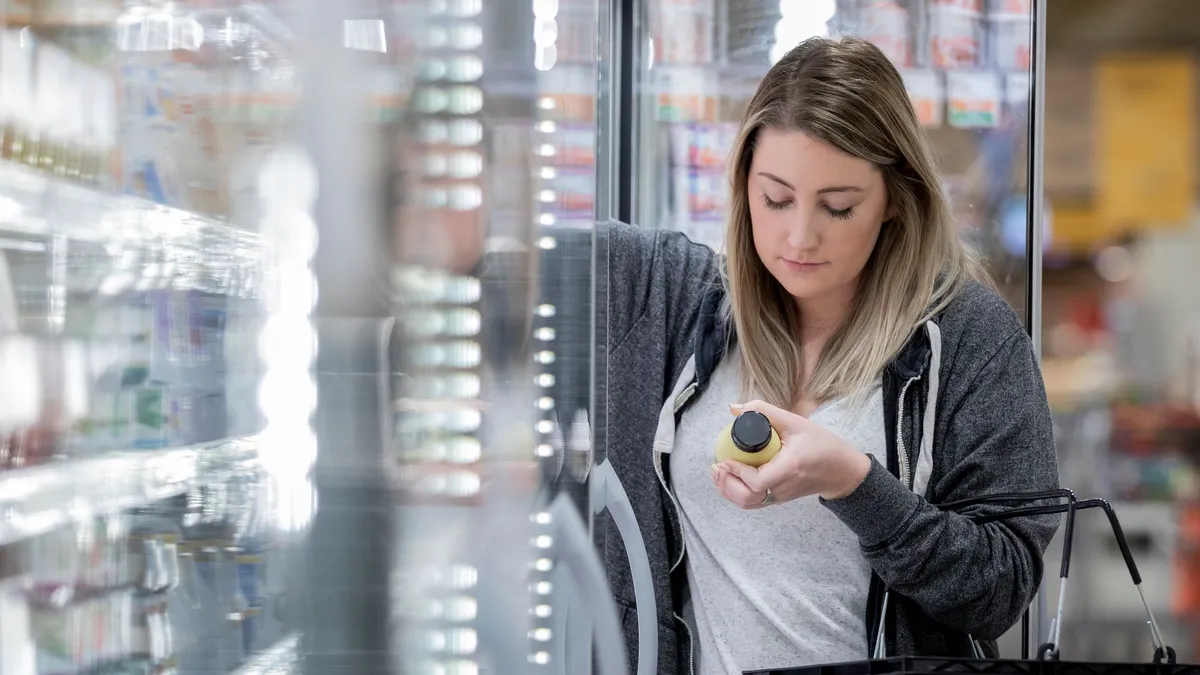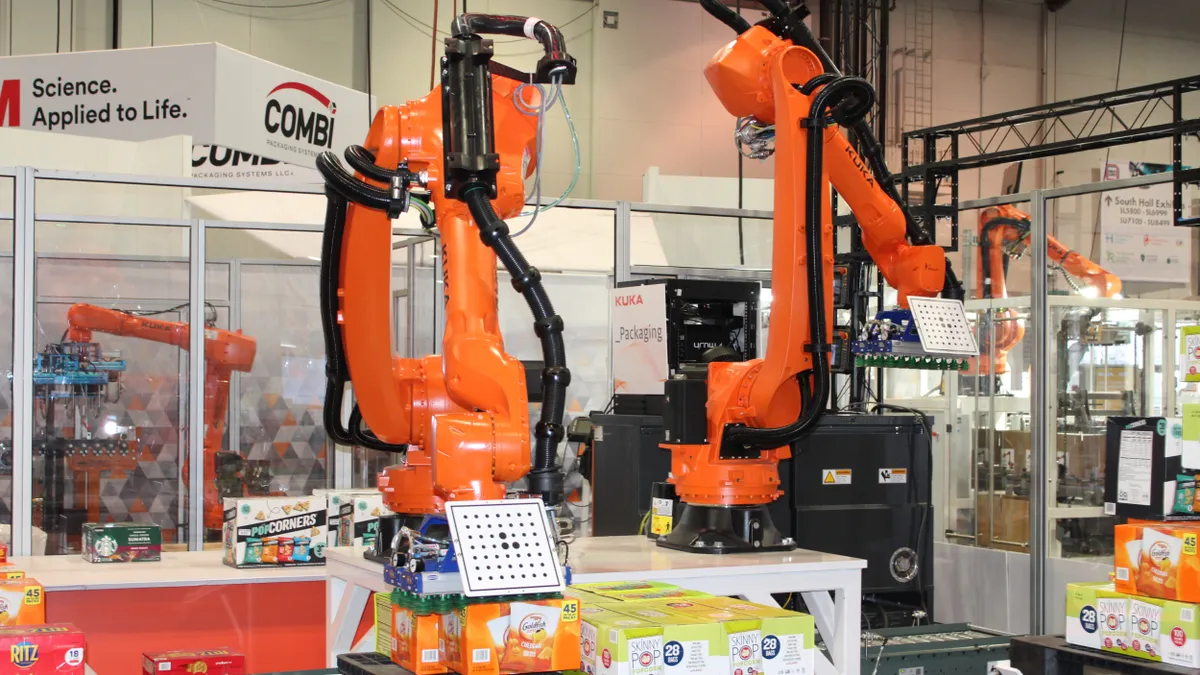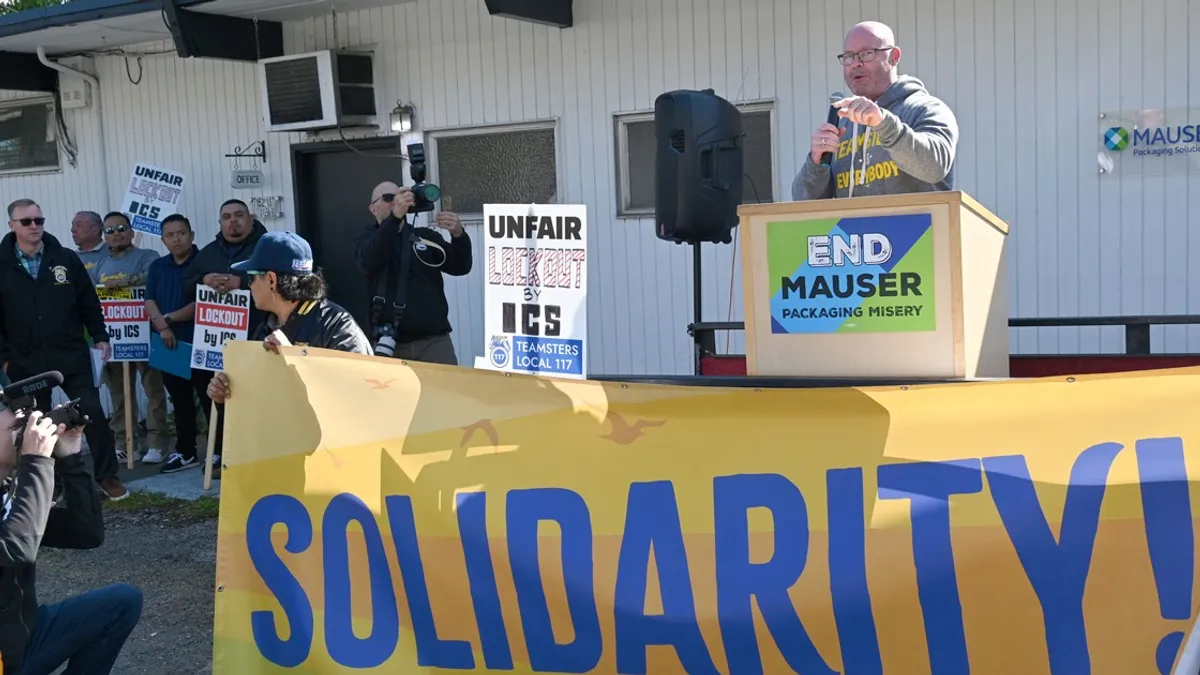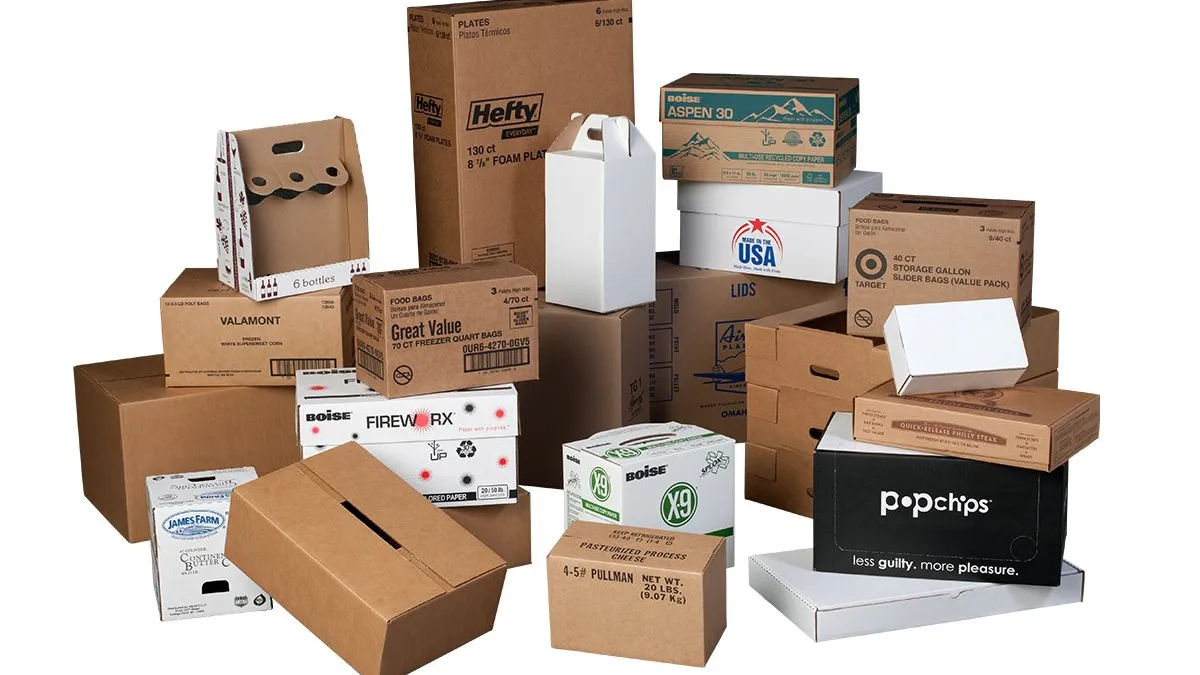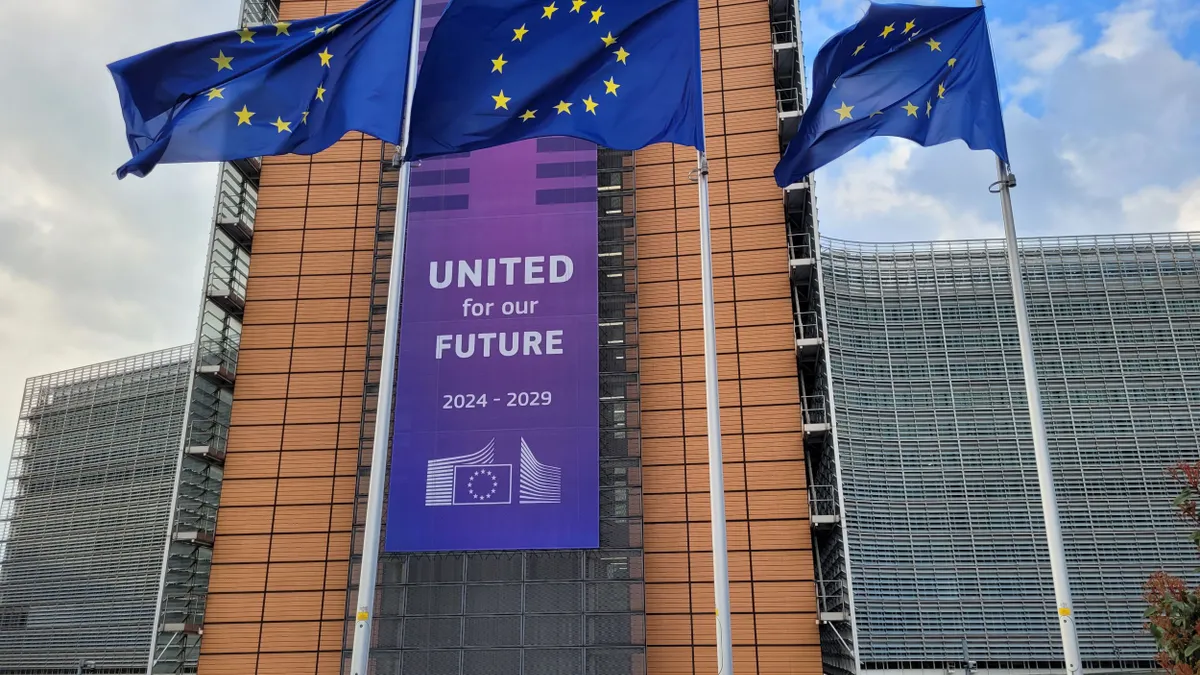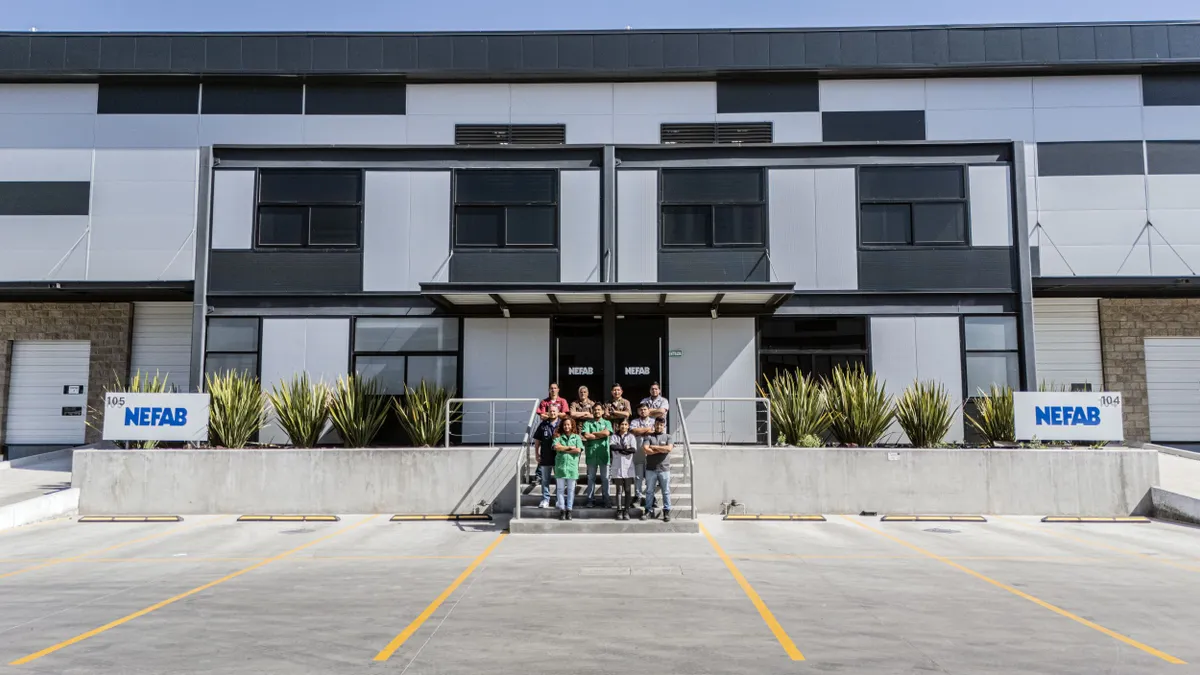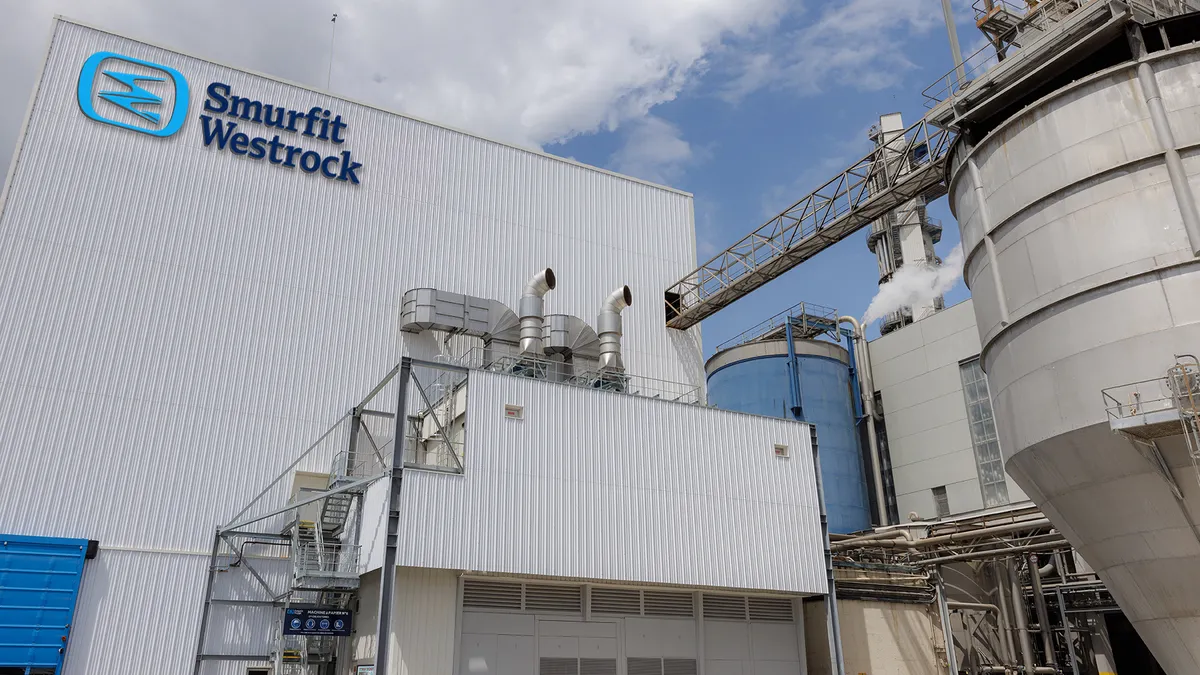A federal judge has dismissed an environmental lawsuit that plaintiffs brought against Graphic Packaging International and officials at multiple levels of government in June 2023.
Nearly four dozen plaintiffs named in the class action lawsuit Dancer v. United States of America claimed that nearly 8,000 residents in Kalamazoo, Michigan, suffered injuries from the release of what they called toxic gas from a GPI plant and the neighboring municipal wastewater treatment plant. They said odors emitted from the plants caused health issues such as asthma. The claim also cited “an on-going conspiracy operating within a habitual custom of racial animus established by the Federal government of the United States of America.”
Plaintiffs sought up to $600 million in damages and $800,000 in attorney fees, along with an injunction to shut down the GPI mill or decrease production “to levels guaranteed to ensure the public’s health.” The lawsuit named 20 defendants besides GPI, including (but not limited to) the United States of America; the state of Michigan; the city of Kalamazoo; Mayor David Anderson; Michigan Gov. Gretchen Whitmer; and U.S. EPA Region 5 Director Debra Shore.
Hala Jarbou, chief judge for the United States District Court for the Western District of Michigan, decided on March 15 to dismiss the case, explaining that the prosecution did not put forth convincing arguments on several key points to show that defendants harmed plaintiffs. For instance, “Plaintiffs’ allegations of such a conspiracy are conclusory and unsupported” and they “have not plausibly alleged a constitutional violation,” the judge wrote in her opinion of the case.
Jarbou also said the plaintiffs did not allege that the individual government entities actively harmed Kalamazoo residents, but simply that the government’s actions were inadequate. “Such failures do not give rise to a substantive due process claim,” she wrote.
“We appreciate the Court’s careful consideration of this case and recognition that the complaint lacked legal merit,” GPI said in an emailed statement. “Graphic Packaging and the other defendants had asked the Court to dismiss the case because it contained insufficient, improper and false allegations. The Court agreed.”
Jarbou also issued an order for the plaintiffs’ attorney to provide information about why such a case was initiated, or else he could face punishment. The judge cited a rule stating that attorneys must verify they are not presenting a lawsuit for an improper purpose, such as harassment; that the lawsuit claims are not frivolous; and that the claims have reasonable support. At issue are the lawsuit’s accusations of racial discrimination and “back-channel, off-book” financial deals between GPI and a state senator and his brother.
“Plaintiffs’ counsel must SHOW CAUSE within twenty-one days of this date why the Court should not sanction him for failure to comply with Rule 11(b)(3) of the Federal Rules of Civil Procedure before filing a complaint alleging a family relationship between Paul McCann and Senator Sean McCann and secret financial transactions between them and Graphic Packaging International (“GPI”), as well as a racial animus held by GPI and its parent, Graphic Packaging Holding Company (“GPH”),” the order states.
The lawsuit alleged that the defendants violated Kalamazoo residents’ constitutional rights as well as the Clean Air Act and Michigan’s Natural Resources and Environmental Protection Act. The case detailed what plaintiffs said was a history of systemic racism and redlining that exposed residents of a largely low-income and mostly Black neighborhood to pollution. The suit noted that Kalamazoo County has five Superfund sites.
In 2023, the Michigan Department of Health and Human Services released the results of a health consultation performed near the GPI facility and the adjacent Kalamazoo Water Reclamation Plant in response to resident complaints. It said the odors came from hydrogen sulfide and other volatile organic compounds and that exposure to these gas levels could cause “temporary health effects,” including nausea, nasal irritation and headaches. MDHHS recommended ongoing air sample monitoring.
GPI subsequently published a blog post addressing the consultation results and the company’s work to ease the community’s concerns. The company pointed to ongoing odor mitigation efforts, such as the installation of monitoring technologies and updated water treatment processes to better manage odors, as well as the installation of a scrubber to remove hydrogen sulfide from wastewater.
The Michigan Department of Environment, Great Lakes, and Energy, whose acting director was named as a defendant in the lawsuit, worked with GPI for about a decade on inspections, investigations, compliance and enforcement at the Kalamazoo site. In February 2023, EGLE and GPI agreed to a consent order that established a compliance plan, including the scrubber installation and a settlement of more than $109,000.
GPI purchased the site in 1999 and expanded operations. It installed new paperboard production machinery, which it calls K2, in 2022 along with upgrades across the Kalamazoo campus. Last October, it permanently decommissioned its K3 coated recycled paperboard machine at the site, after having idled it in July. A GPI spokesperson told Packaging Dive in October that the facility closure was not related to the lawsuit, but rather it was part of a years-old optimization plan.
GPI noted in its statement about the lawsuit dismissal that it has made millions of dollars in investments at Kalamazoo for facility upgrades and air quality monitoring equipment, citing an 81% reduction in its hydrogen sulfide emissions levels since 2021. It also committed to working further with city leaders and state and federal regulators to achieve greater progress.
“We take our community's health and safety very seriously, and we take pride in our responsibility as a good neighbor, community partner and employer to 750 people at our Kalamazoo manufacturing facility. While we are pleased with the Court’s ruling and remain proud of our work and our record in Kalamazoo, we will continue to seek solutions to help improve the environment,” the statement said. “However, we will also defend ourselves vigorously against false and frivolous claims.”



